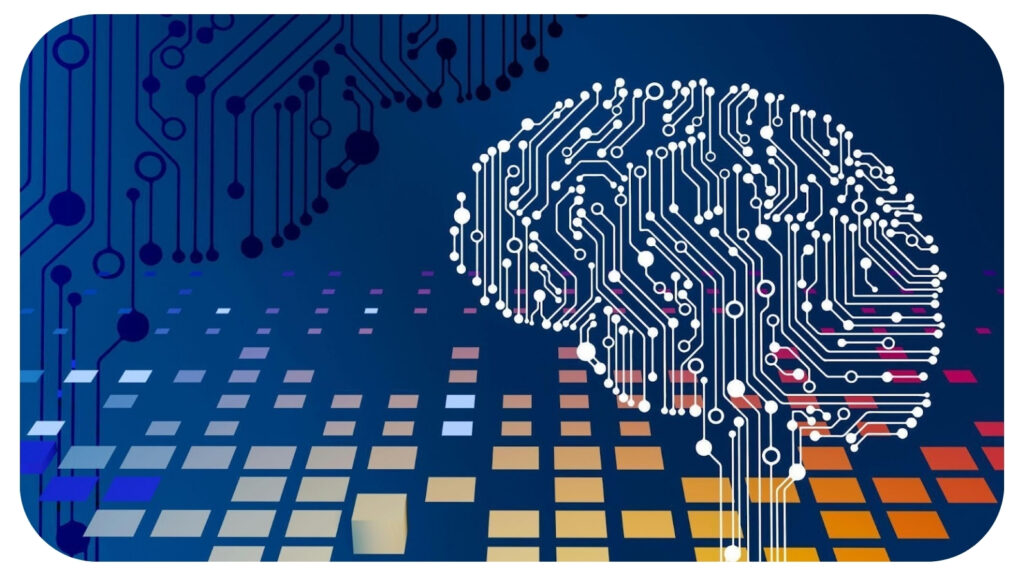Enhancing Human Decision – Making with Causal AI: Geminos’ Vision for the Future

Human decision-making has always been influenced by data, but the way we interpret and act on that data defines the outcomes. Traditional approaches rely heavily on correlation, which often falls short when trying to untangle complex, real-world problems.
In contrast, causal AI offers a unique perspective, focusing on understanding the “why” behind events instead of simply observing patterns. Geminos, a company at the forefront of this innovation, is promoting a shift in how data is used to improve decisions in industries like healthcare, finance, and beyond.
Moving Beyond Correlation: Why Causality Matters
Many decision-making tools rely on algorithms trained to identify correlations in datasets. These tools are effective in some scenarios, like predicting consumer behavior or identifying trends, but correlation alone has limits. Just because two events occur together doesn’t mean one caused the other. Mistaking correlation for causation has led to flawed decisions across industries, from advertising missteps to public health errors.
Causal AI provides a way to address this gap by diving deeper into data relationships. Rather than asking if two variables are linked, it asks if one directly affects the other. By uncovering these cause-and-effect relationships, causal AI brings clarity to complex problems, allowing organizations to design solutions that target root causes instead of symptoms. Geminos recognizes this potential and has built a framework designed to unlock these insights.
How Geminos is Pioneering Causal AI
At its core, Geminos’ platform helps users identify and understand the underlying drivers behind data trends. Unlike existing machine learning tools, which can function as “black boxes,” causal AI prioritizes transparency. By focusing on clear and explainable outcomes, the platform ensures that decisions informed by AI are easier for humans to trust.
“Geminos uses an approach built on causal inference, a methodology that combines statistical techniques with domain expertise,” says Stuart Frost, CEO of Geminos and a leader in digital transformation. “This combination allows the platform to test hypotheses about cause and effect before making recommendations. For example, in a healthcare setting, Geminos can determine whether a specific intervention, like a new treatment protocol, is genuinely responsible for improved patient outcomes rather than unrelated external factors. This level of precision reduces the chances of error and fosters confidence in the AI system.”
Causal AI powered by Geminos has the potential to transform decision-making across a wide range of industries. While innovation in artificial intelligence is often talked about in general terms, the practical applications of causal AI mark a tangible shift toward actionable insights.
In healthcare, the ability to identify causal relationships has far-reaching implications for patient care and treatment strategies. For example, rather than relying on predictive models that suggest trends in disease progression, causal AI could clarify which treatments directly improve recovery rates. This empowers providers to make more informed clinical decisions and, in some cases, optimize resource allocation in overwhelmed healthcare systems.
The financial sector, too, stands to benefit. Investment strategies often rely on historical data to predict future trends, but markets are notoriously complex and influenced by countless variables. By isolating factors that directly affect outcomes, causal AI can give institutions a clear view of what’s likely to drive performance. This capability reduces reliance on trial-and-error approaches and improves long-term planning.
The Role of Human Expertise in Causal AI
While causal AI introduces new efficiencies, it doesn’t aim to replace human judgment. Instead, it acts as an advanced support system, providing tools for deeper analysis. Decisions often require context that extends past mathematical calculations, such as cultural considerations or ethical dilemmas. For this reason, human expertise remains central to the decision-making process.
Geminos has designed its approach to enhance collaboration between humans and AI. By presenting information in an accessible, intuitive format, the platform allows users to engage with data without requiring advanced technical skills. This democratization of technology reduces barriers, enabling more people to use causal AI effectively.
One of the challenges in adopting AI technologies lies in overcoming skepticism. Many organizations hesitate to rely on tools they don’t fully understand, especially when decisions involve high stakes. Causal AI addresses this concern by prioritizing explainability. Unlike traditional machine learning models, which often provide answers without context, Geminos’ platform shows the reasoning behind its conclusions.
For instance, when presenting a recommendation, the system explains how it reached that outcome, visualizing the causal chains involved. This transparency simplifies the decision-making process and builds trust between users and technology, reducing resistance to adoption.
Another limitation is the availability of high-quality, structured data. For causal AI to deliver accurate insights, it needs datasets designed to support causal analysis. Many industries are still adapting to this requirement, which may slow adoption in the short term.
Organizations accustomed to working with correlation-based methods might need time to embrace a new way of thinking. Adopting causal AI requires technical infrastructure as well as a mindset shift in how teams approach problem-solving.
Geminos acknowledges these obstacles and views them as opportunities to educate and collaborate with businesses. By emphasizing the benefits of causal AI and offering tools that simplify implementation, the company is well-positioned to lead this transformation.
Looking Ahead: A Future Built on Cause-and-Effect Understanding
As technology continues to advance, the need for smarter decision-making tools will only grow. Organizations are increasingly faced with complex, data-driven challenges that demand insights and clarity. Causal AI offers a solution by prioritizing cause-and-effect relationships over surface-level patterns.
Geminos’ vision goes beyond technological advancement, and the company is driven by a desire to create tools that empower individuals and organizations to solve problems with confidence. Whether tackling public health crises, improving financial strategies, or optimizing supply chains, causal AI is poised to reshape how decisions are made.
The adoption of this technology will likely influence broader discussions on ethics, accountability, and the role of AI in society. As Geminos continues refining its platform, it’s clear that causal AI will remain central to conversations about the future of data and decision-making.
Geminos is redefining the relationship between humans and data by focusing on causality rather than correlation. With its innovative approach, the company aims to bring clarity to complex problems across industries. By breaking decisions into their essential cause-and-effect components, causal AI offers a powerful framework for understanding our world.
This shift is philosophical as well as technical. It reflects a growing demand for clarity in an age of information overload. By empowering humans to make better decisions, Geminos and causal AI are paving the way for a future where insights are accurate and also actionable. As adoption grows, the impact of this approach will likely extend far beyond individual industries, shaping a world where decisions are informed by a deeper understanding of their consequences.
Recommended For You
Developing a Future-Proof Solutions for Large-Scale Web aScraping
Most Inside
Most Inside offers high-quality recommendations and valuable updates to enhance all aspects of your life, providing premium guidance and enriching experiences.




